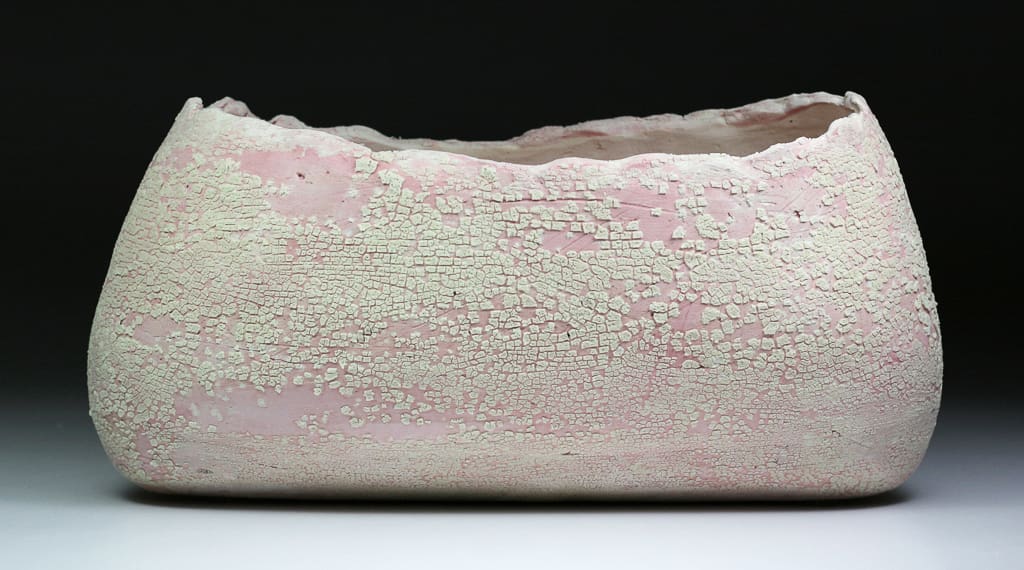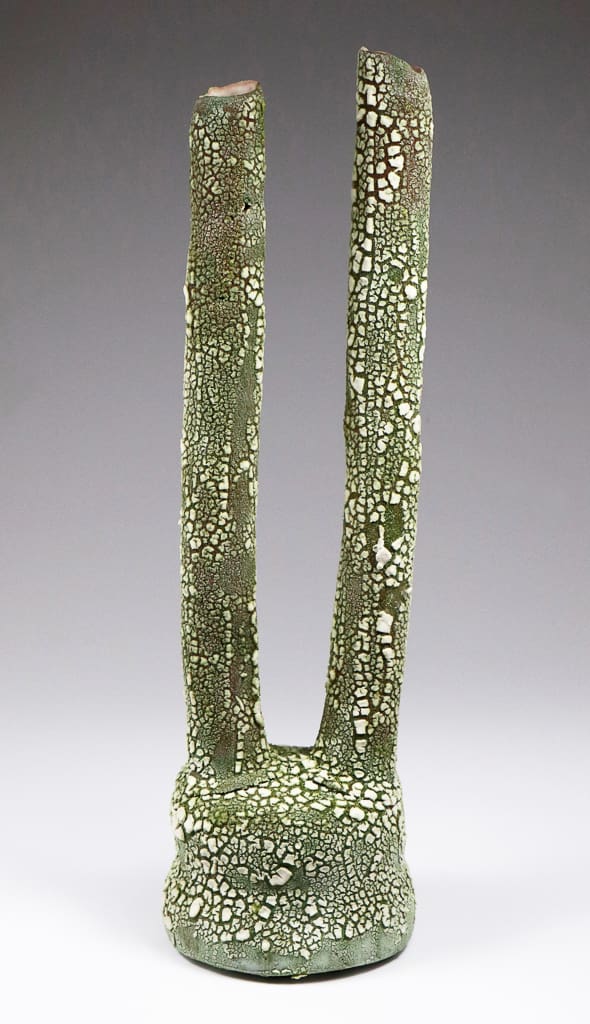NPM23 Blog: Rewilding Poetry Through Joy by Shannon Webb-Campbell
If you ask me if I made a new year’s resolution I’d tell you no. Such rigid ways often result in the opposite outcome, or at least that’s how it goes for me. I’ll make a resolution only to break the resolution. It’s the rebel within me. I blame the astrological fates. Not only am I a Gemini, but I’m a Scorpio rising with my moon in Taurus. What does that mean exactly? I’m a complicated yet juicy constellation of clever, stubborn and sensual. Has my birth chart pushed me to become a poet? Perhaps. It’s definitely made me seek various forms of pleasure, pain and joy.
Despite having published three books of poetry: Still No Word (2015), I Am a Body of Land (2019) and Lunar Tides (2023), which on some level all explore themes of loss, love, grief, displacement, unbelonging, and trauma, I’ve made it my raison d’être to cultivate joy as part of my poetic praxis. My first book, Still No Word, was the product of my MFA (2015) at University of British Columbia under the supervision of Canadian poet Susan Musgrave, and it received the inaugural Egale Canada’s Out in Print Award. Still No Word seeks the appearance of the self in others and the recognition of others within the self, and it inhabits the mercurial space between public and private.
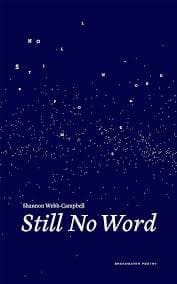
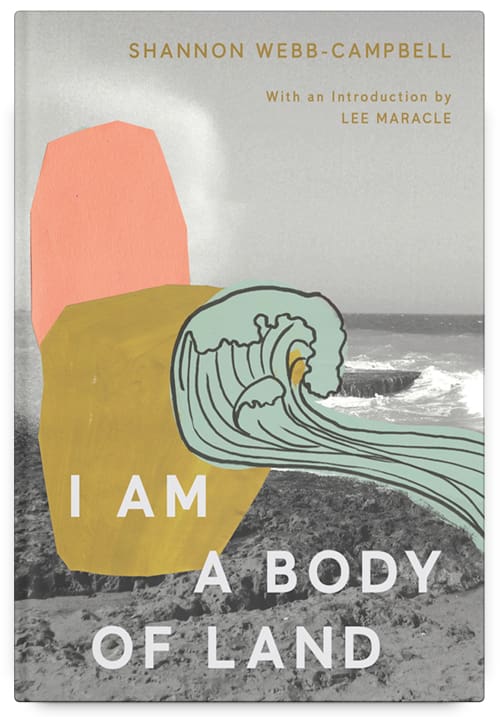
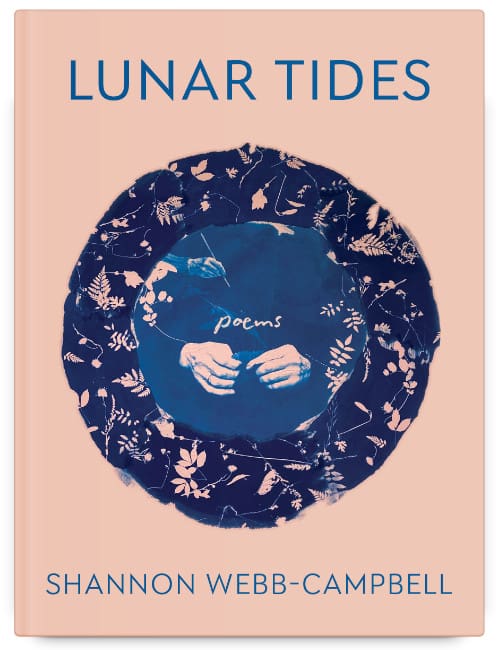
My second book, I Am a Body of Land, was written during my MA (2019) and edited by Lee Maracle. The collection was a re-visioning of my book Who Took My Sister? (2018), which was pulled from distribution for breaching Indigenous protocols of which I had been unaware due to the cultural dislocations caused by colonialism. With an introduction by editor Lee Maracle, I Am a Body of Land explores a relationship to poetic responsibility and accountability, and is an effort to decolonize, unlearn and undo harm. My third book, Lunar Tides (2022), edited by Jonina Kirton, was awarded the Angela Ludan Levine Memorial Book Prize. Written from a mixed Mi’kmaq/settler perspective, the book explores legacies of colonialism, kinship and Indigenous resurgence. The poetics follow the rhythms of the body, the tides, the moon, and long, deep familial relationships that are both personal and ancestral.
Currently, I am a doctoral candidate in the Department of English at University of New Brunswick in Creative Writing. I am working on a novel, and my fourth book of poetry, RE:WILD HER. The project is a collection of poems that portrays the intricacies of rewilding through swimming as form of mental, physical and spiritual health. Rewilding is an ecological conservation effort focused on restoring sustainable biodiversity and ecosystem health, but I will approach it in particular as a way of exploring Indigenous resurgence, pleasure, joy and the divine feminine.
Black American poet January Gill O’Neil’s poetry book Rewilding (2018) examines letting go of the parts of ourselves that are damaged and broken in order to invite renewal and new beginnings, which informs some of RE:WILD HER. Where O’Neil’s work examines race and culture, and the internal and external worlds of family and desire, my poetry collection will explore some of these issues from a queer, Mi’kmaq and settler perspective. Coined by American biologist Dave Foreman, founder of The Rewilding Institute, the concept of rewilding emerged on Turtle Island in 1983 and was originally referred to as “wilderness recovery.” While rewilding is a fashionable word and conjures images of a gentle process: leaving a lawn unmown perhaps, or scattering some wildflower seeds and letting nature do its thing, my poetic approach to rewilding is different. As a direct result of colonization, I have been fractured from my community, the land and Mi’kmaq culture. I want to rewild the poet within and nurture an ecology of poetics through honouring Indigenous resurgence, pleasure, joy and celebrate the divine feminine. Drawing upon the experiences of swimming, the literature of swimming, ecology, traditional knowledges, rewilding techniques, Instagram posts, cold dipping, and sexuality, RE: WILD HER is a poetic awakening.
RE: WILD HER is a form of personal and poetic recovery – rewilding of the spirit, mind and body through a choir of voices from literature, popular culture, and social media. The collection poetically charts everything from what driftwood teaches us about death cycles to the rise of wild swimming and cold dipping and it sees the power of Mi’kmaq women reclaiming divine femininity as an act of resistance and rewilding.
As part of my research in writing RE:WILD HER, I have submerged my body in water— dipping in saltwater, cold plunging, practicing hydrotherapy, and swimming in various bodies of water like: oceans, lakes, rivers, cenotes and lagoons. The word submerge comes from the Latin word submergere and originated in the 1600s; it translates to plunge, immerse, overwhelm, and sink under water. With the rise of submarines in the twentieth century, the word gained popularity. Historically, submersion in water was called hydropathy—an amalgam of water (hydro) and curing (pathy). The submersion in water has long been associated with healing. The Romans wrote on the walls of their public facilities, “health comes from water,” which is a centuries-old European belief that underpins the tradition of taking to the waters to promote healing and health.
I have personally made pleasure-seeking a habitual part of my practice. I’ve learned through years of writing about pain, mourning and loss that nurturing small acts of poetic joy is a radical act and helps soothe suffering. I firmly believe nourishing your mind, body and spirit is an essential part of being a human being and by extension, the work of a poet. But how does joy help us cope with the harsh realities and complexities of life? How does poetry help us move forward?
When I am especially feeling detached, drained, or mentally exhausted, I push myself to find some small joy or pleasure, and engage in new ways of thinking and being. I do this through poetry, by swimming, listening to Bossa nova music, reading, pulling tarot cards, visiting a contemporary art gallery, or taking a walk by the ocean. The more I attune my senses to a world beyond my own inner realm I feel myself soften, and sometimes a poem visits, or a line or lyric comes to mind. Other times I just notice that I am more relaxed in my skin, and at ease within myself. There is something in the slowness of being that reconnects me to my own internal rhythm. Joy, much like poetry, is made up of its own rhythm, and it rebels against our fast-paced capitalist society. More than ever, I think we need joy. It’s integral to our lives, and to poetry.
In 2022, I was invited to write an ekphrastic poem based on ceramicist Darren Emenau’s work “Scapra,” (2019) and “Big Pink,” (2019) for the Atlantic Vernacular Project, which is an online exhibition of contemporary craft paired with poetry of Atlantic Canada. The collaboration included participating poets and artists like Tyshan Wright and Shauntay Grant, Oakley Wysote Gray and Michelle Sylliboy, Alison Murphy and Nolan Natasha, K MacLean and Matthew Hollett, Megan Musseau and Mihku Paul, Alison Green and Annick MacAskill, and more. The Atlantic Vernacular Project also created broadsheets that are available for sale based on the collaborations between the artists and poets.
When I first encountered Emenau’s pieces “Scapra” and “Big Pink,” I was, in fact, tickled pink. I was delighted by the texture and colours of this ceramic work, and even the titles of the work sparked my curiosity and poetic inquiry. The work itself seemed like it was made with joy. The words scarpa and big pink danced in my mind. The Free Dictionary defines scarpa as “to depart suddenly; flee,” and big pink befits the ceramic work that is both oversized and shell-pink. The result of my engagement with Emenau’s artwork birthed a poem in two languages: English and Mi’kmaw.
Pink Up Parched Earth a response to Darren Emenau’s work rustic delicacies formed by soft hands textured mosses become abstract vessels pink and white earthen echoes biological formations waterlogged bark where barnacles grow reshape stone’s breath you harness jagged cliffs dig up frosted forest foggy lichen under your fingernails rocks peeling back the ocean floor a deep philosophy of wabi-sabi shallows in the tidal pools of your palms water rushes over cracked earth you retrace tides through clay grounding mud with reversing rhythms you see nature’s aerial view minds algae an organic process surfaces what flows in must flow out
from the Atlantic Vernacular Project
As a Mi’kmaq poet who doesn’t know my language, it was a privilege and honour to take the Emenau’s collaboration one step further. With the help of the curators of the Atlantic Vernacular, I was able to invite and commission Joan Milliea to translate my poem “Pink Up Parched Earth,” into Mi’kmaw. Milliea translated “Pink Up Parched Earth,” into “Oapimgoeegaamogoaasi Gispasig Magemigeo.” The result of the Mi’kmaw translation transformed the poem, and I believe deeply elevated the poetics. As it was the first time I’ve ever experienced my work translated into my ancestral language, I cried when I read it. Not because I was sad, but because I was experiencing a form of intergenerational healing through poetry. It brought me tremendous joy to read my poem in Mi’kmaw, as it made me feel my ancestors so close. I’m so grateful to Milliea for taking the time and care to translate my work. It fills me with so much joy to listen to her Mi’kmaw translation of my poem.
Here is Joan Milliea’s Mi’kmaw translation of “Pink Up Parched Earth”
Oapimgoeegaamogoaasi Gispasig Magemigeo apetji oigemot Darren Emenau otlogeoagen motalamoonog ola oelteg nogtagel opitenn gisitog pasegangitasoagen tepagenn taan teltag pisagenn oapimgoeeg ag oapeeg magimgeo togentaag taan gôgoei mimatjig eliisig masgoi sampoagoanig taan etligoeg agsgitoltitjig iliamaligit gonteo taan oetlamit giil gelpilmen oaleneegel taan mistonag molgoat nepogt eoneeg mesagenagel lameeg egtloigeng gontal nisoogoael sitemoog oetjitoon gelolg emset gôgoei malpaag taan oesoegao egl amipten gesigaoitg samgoan ola pasgaasig magemigeo epgao eoemen goilmen oesoegao mateemen sisgoo eoemen amaltaag apetjaasig geneg oetaptemen magemigeo ôgotagemo angitaasoagenn na ola taan gôgoei mimatjig igaag taan gôgoei pisgoitg na amotj teoitg
from the Atlantic Vernacular Project
Shannon Webb-Campbell is a mixed Indigenous (Mi’kmaq) settler poet, writer, and critic. She is the author of Still No Word (2015), recipient of Egale Canada’s Out in Print Award, and I Am A Body of Land (2019; finalist for the A.M. Klein Prize for Poetry). Shannon holds an MFA in Creative Writing from the University of British Columbia, and a MA in English Literature at Memorial University of Newfoundland and Labrador, and is pursuing her Ph.D. at the University of New Brunswick in the Department of English. She is the editor of Visual Arts News Magazine. Shannon is a member of Qalipu Mi’kmaq First Nation and lives in Kijpuktuk/Halifax in Mi’kma’ki.
Joan Milliea is a knowledge keeper from elsipogtog First Nation. She is a mother of 5 and migitjo to 7 grandchildren. She has been working with migmag language as a translator for 25 years and a migmag language professor for the last 8 years.

